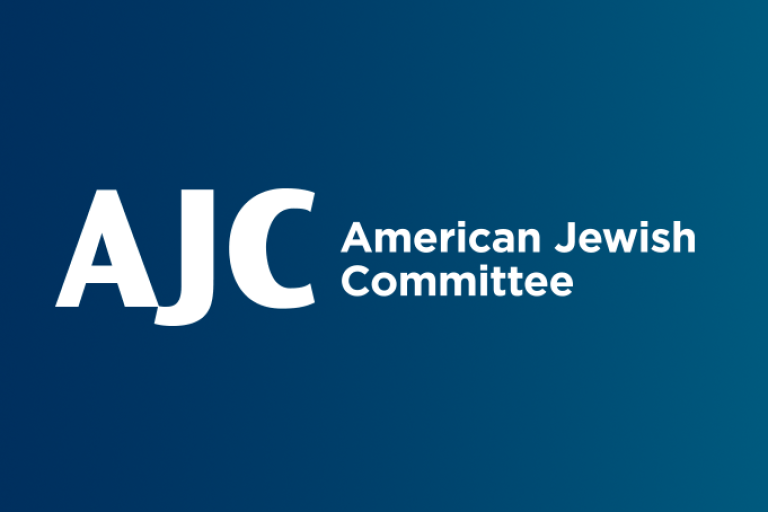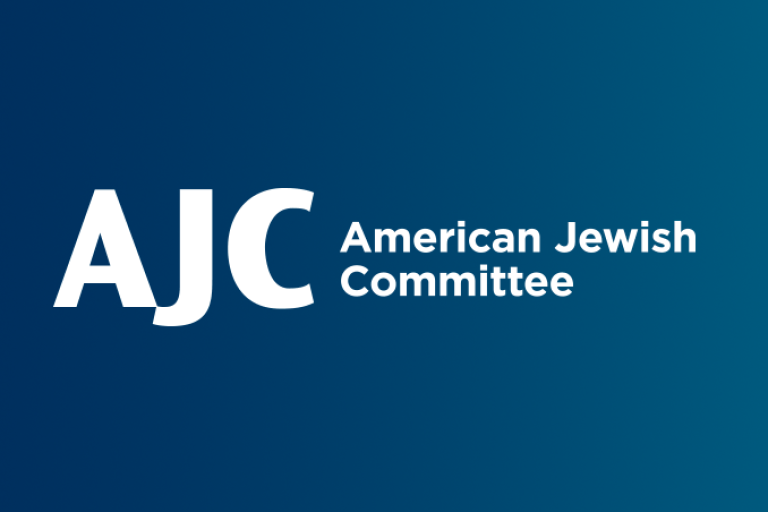April 16, 2020
At the beginning of April, AJC welcomed the public apology to the British Jewish community by the newly-elected Leader of the Labour Party, Keir Starmer. Starmer apologized for Labour’s failure to address rising antisemitism within the party’s ranks and in the United Kingdom.
“Antisemitism has been a stain on our party. I have seen the grief that it's brought to so many Jewish communities,” said Starmer soon after his election. “On behalf of the Labour Party, I am sorry. I will tear out this poison by its roots and judge success by the return of Jewish members and those who felt that they could no longer support us.”
His statement was spurred by rising concerns over antisemitism plaguing the UK’s far left, which has been largely attributed to the policies and positions of the immediate past party head, Jeremy Corbyn. Polls commissioned at the end of 2019 by the Jewish Leadership Council (JLC) showed that 87% of British Jews believed that Corbyn is antisemitic. Read AJC’s explainer, Why British Jews Feared a Labour Election Victory
On April 16, in response to the change in Labour Party leadership, AJC hosted an online discussion on the post-Corbyn Labour Party and future steps in combating rising antisemitism in the UK. The featured speakers included Lord John Mann, Independent Adviser to the UK Government on Antisemitism; Joan Ryan, Honourary President of Labour Friends of Israel and former Labour MP; and Ian Austin, Chair of Mainstream, the Campaign Against Extremism, and former Labour MP. The panel was moderated by AJC Europe Director Simone Rodan-Benzaquen and was part of a series of digital programs AJC has developed as part of its Advocacy Anywhere initiative.
“I think [Starmer]’s election is necessary, but not sufficient, to [sort] out the problems of the Labour Party.” said Austin, who cast doubt on the notion that “antisemitism will just disappear with [Corbyn].”
Ryan echoed this sentiment. “Although we want to be hopeful, and it is a step forward, [Starmer’s election] doesn’t mean that antisemitism has been dealt with,” she said.
In January, the Community Security Trust, a charity that protects British Jews from antisemitism and related threats, reported an increase in antisemitism in the UK for the fourth consecutive year. There were 1,805 incidents in 2019, the highest number ever logged in a calendar year, a 7% increase from 2018.
“The other thing I’m very worried about is that… I don’t think you can fight antisemitism unless you fight anti-Zionism,” Ryan added, expressing her dismay over the scarcity of voices within the Labour Party that are willing to publicly support Israel’s right to exist.
Austin agreed. “I think the Labour Party was in a pretty bad place when it came to Israel even before [Corbyn],” he said. “It’s going to take a lot of work to get the Labour Party back in a reasonable position when it comes to Israel and the Middle East.”
Mann, who was appointed by former Prime Minister Theresa May to address rising domestic antisemitism, stated that “the key objective is that the Jewish community feels totally confident and safe living in the [UK].”
While he thinks that extreme voices are bound to leave the Labour Party, he noted the importance of pressing further.
“We will need to be tackling not just what happens inside the Labour Party, but where those people go and what they do outside the Labour Party… We have to have a strategy, and laws, and an approach this year to dealing with it,” he said.
Ryan expressed her hopes for the future of the Labour Party and the UK government.
“I think it’s in all of our interests that Kier Starmer succeeds, because in the UK we have a two-party state” said Ryan, who warned that Labour, one of the two main parties in the UK, “ is anti-Israel, anti-Zionist, and therefore antisemitic.”
Advocacy Anywhere is a new platform that will enable you to engage with AJC’s leading expertise, content, and advocacy opportunities from wherever you are, using cutting-edge technology.





